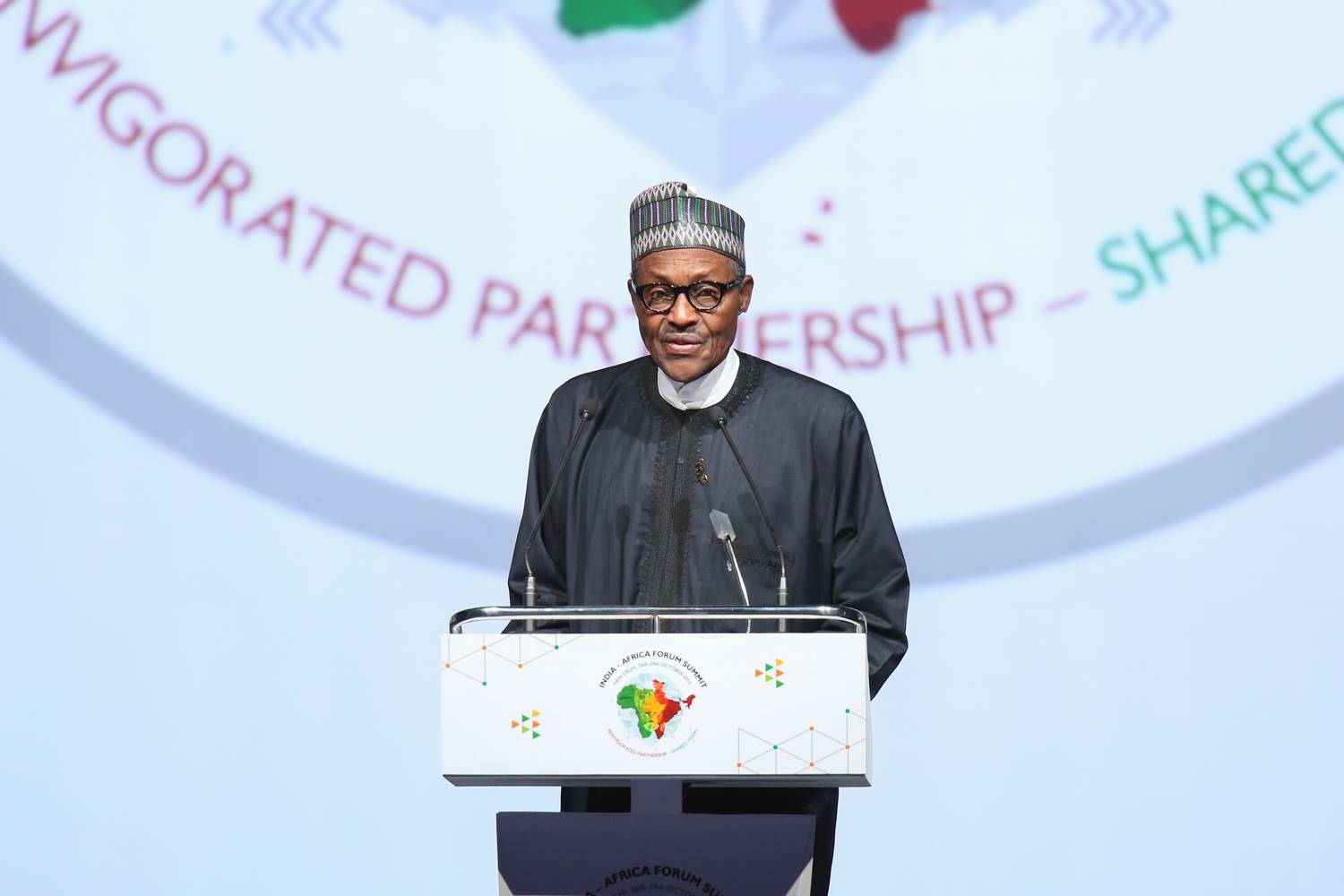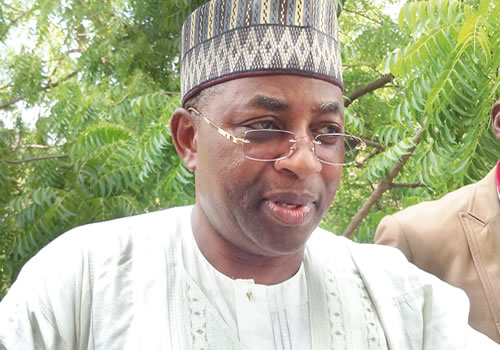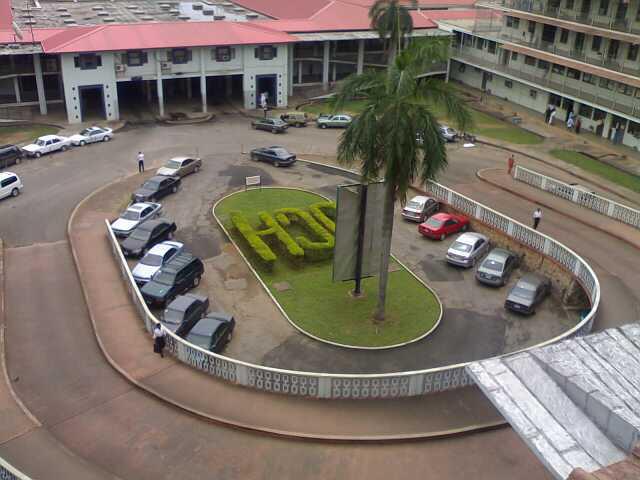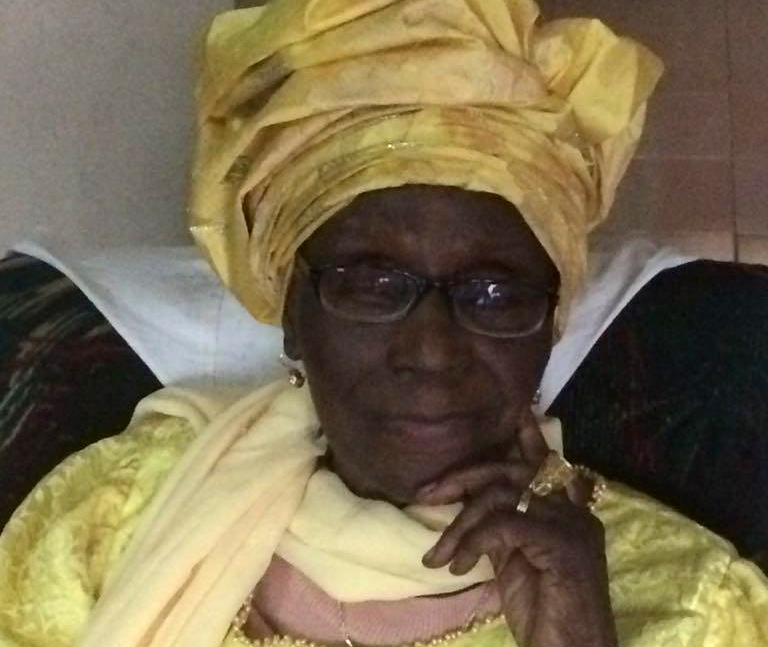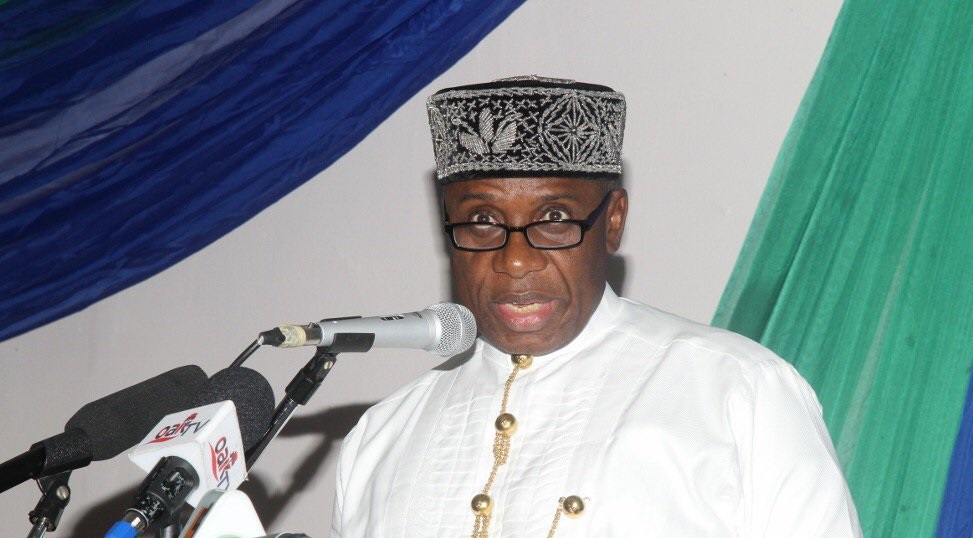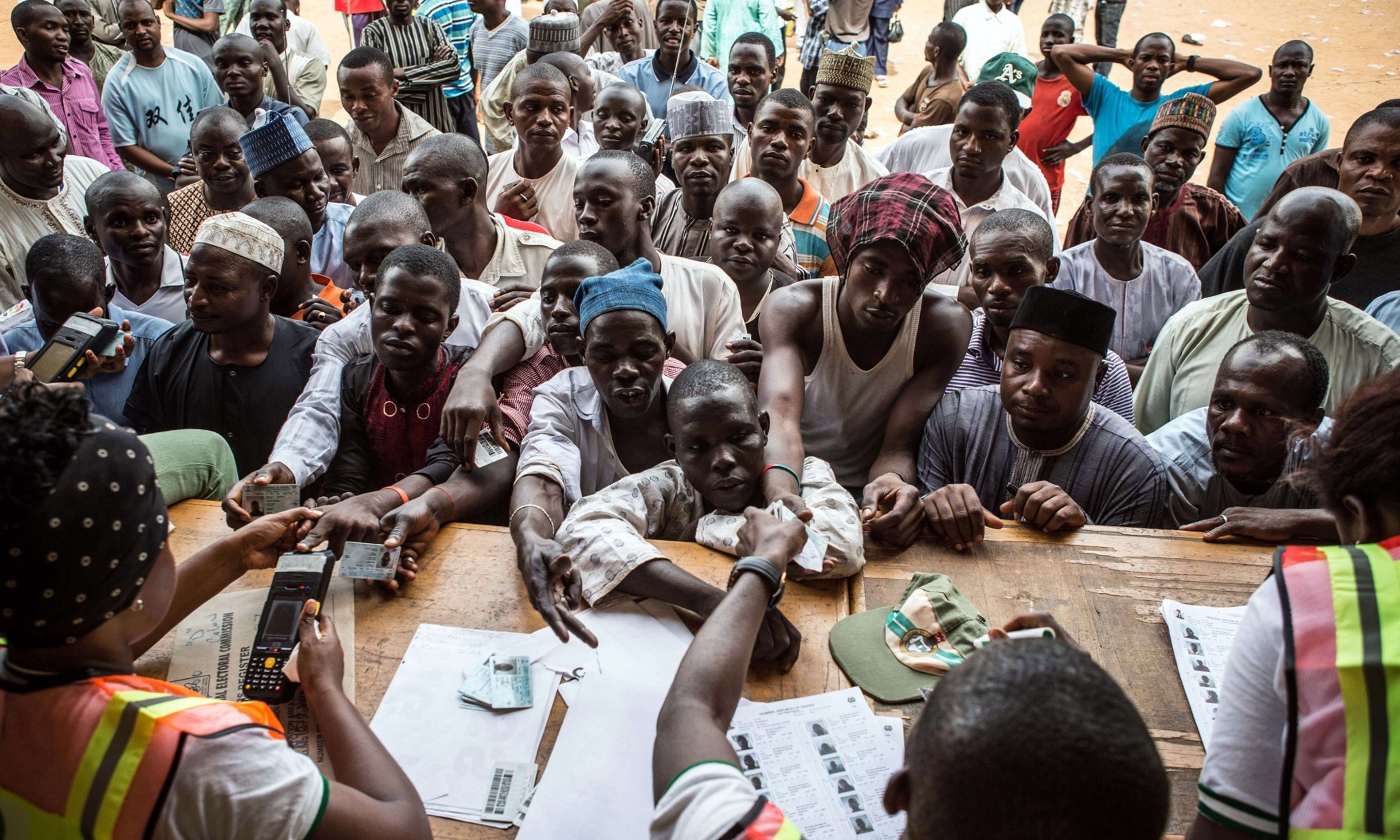President Buhari addressing participants at the plenary session of the India-Africa Forum, Summit at the Indra Gandhi Stadium Complex in New Delhi India on 29th Oct 2015
BY SAMUEL SAMIAI ANDREWS
Nigeria’s refusal to sign the African Continental Free Trade Area Agreement (AFCFTA) raises beyond economic and political issues, but fundamentally her lack of policy direction and capacity to compete in the global international or African regional trade space.
From the early International trade agreements, from Berne Convention to the World Trade Organization (WTO) Agreement on Trade Related Aspects of Intellectual Property Rights to the World Intellectual Property Organization (WIPO) Internet Treaties; WIPO Copyright Treaty (WCT), WIPO Performances and Phonograms Treaty (WPPT) to The Beijing Audiovisual Performers Right Treaty, (Beijing Audiovisual Treaty, BAPRT) including its related treaties and the Rome Convention, Nigeria has performed poorly in negotiations and accession to the treaties. The lethargic response of an aspirational developing economy to issues of global trade integration symbolizes lack of understanding of the significance of international trade by policy makers in Nigeria.
In 2018, Nigerian took more than two decades to finally sign the WIPO treaties (WCT, WPPT). She has not domesticated these treaties into its national legal regime. We always hear and read unfortunate excuses of “stakeholders” commenting and deliberating on the law before these laws becoming part of the domestic laws. The competitive advantage member nations who execute these international trade and international intellectual property treaties have over Nigeria is humongous. The pertinent question Nigerian policy makers should ask, and answer is: Whose interest are they serving? When they refuse to muster professional and political will to execute and accede to international and regional treaties that will benefit the Nigerian economy and technological growth? During the process of negotiating these treaties what happens to global best practices or due diligence process countries are bound to perform before and after negotiating treaties? Does Nigeria put her best international trade experts to lead our negotiation?
Advertisement
It is a well-known fact that most Nigerian public officials sent to negotiate international treaties or bilateral agreements embark on tourist adventure in cities where these negotiations occur. Some attend the opening ceremonies of these conferences and take leave to go sightseeing after the official opening ceremonies. Of course, at the expense of the National economy. Estacodes and financial rewards of public office being the motivating factor of embarking on such trips. consequences of what we have now suggest that something significantly ineffective afflicts our processes. I will make one suggestion in this short essay on the way forward to efficiency in international treaty management. The fuller suggestion is available in my forthcoming article in a law Journal.
First, Nigeria needs an Office of Trade Representative (NOTR) that should be statutorily created. The Nigerian Trade Representative (NTR) should be a subject matter expert (SME) in international trade laws and policy, intellectual property laws & policy, Technology, Cyberspace and International Economic matters. The NTR should be the lead in all international and regional trade agreements or commercial transactional negotiations that the Federal Republic of Nigeria is a party.
The NTR should be assisted by deputies who are SMEs in areas ranging from national security, finance/economy, commerce, culture, arts, entertainment & sports. In order to immunize the NTR from the hydra-partisan or Nigeria tribal politics, he or she should only be appointed with the consent of the National Assembly, of course the office of the President of Nigeria must be the appointing authority. In my opinion, the NTR will streamline the policies and implementation of international treaties execution and performance. International trade can definitely wean Nigeria from the addiction of an oil and gas mono-economy.
Advertisement
Dr. Andrews is an adjunct faculty at Albany State University, Albany, Georgia, USA. He teaches Legal Environment In Business (Business Law), Criminology, Cybercriminology and Criminal Justice.
Views expressed by contributors are strictly personal and not of TheCable.
